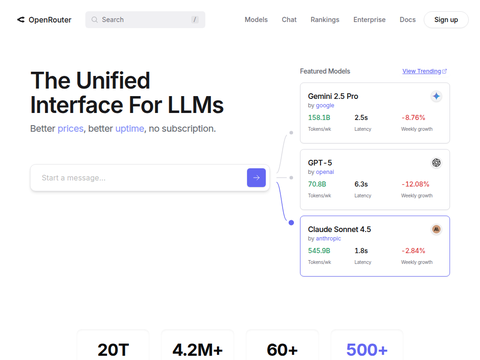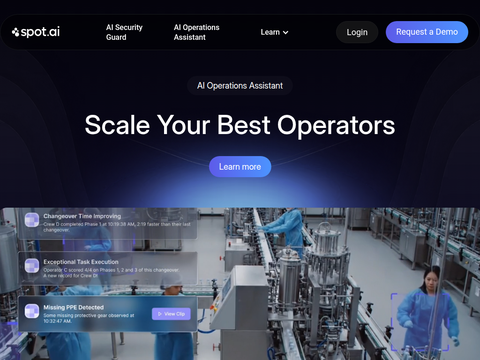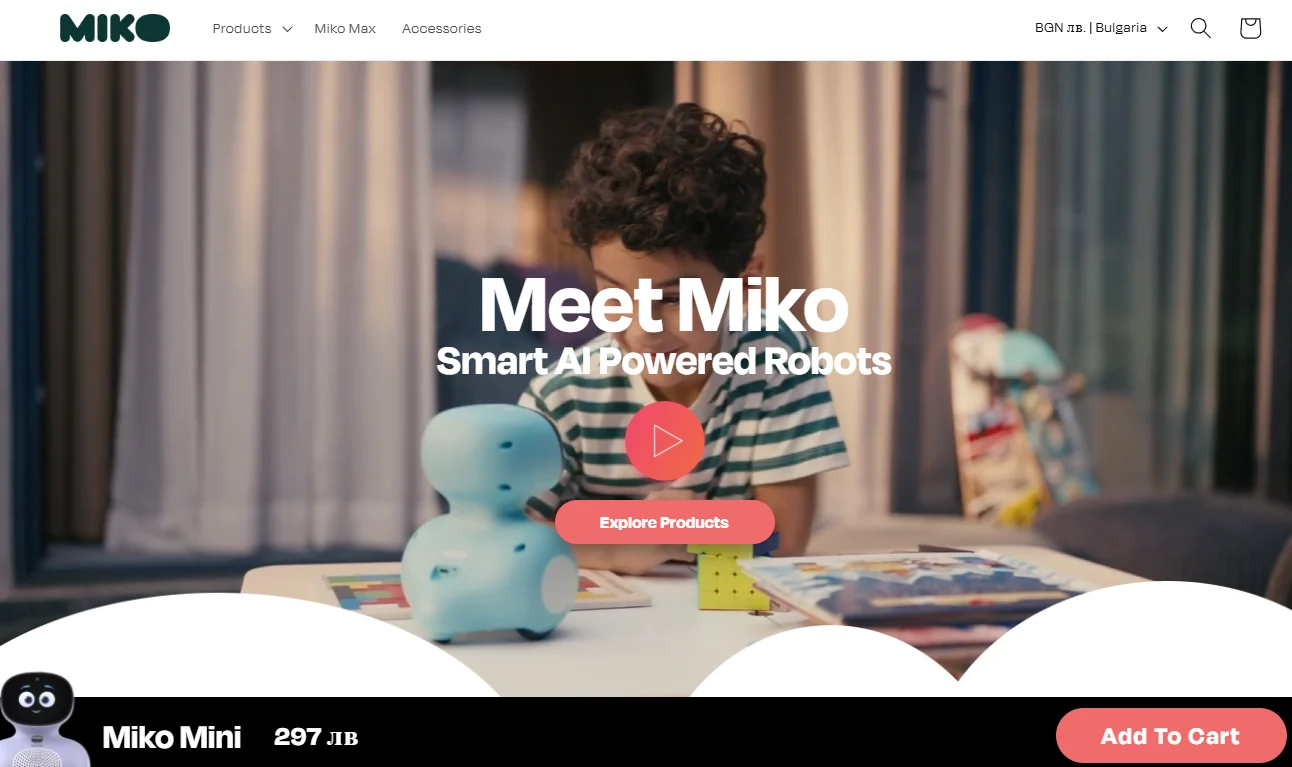IBM has recently unveiled the latest advancements in its quantum computing technology, further expanding the current scope of quantum applications. During the inaugural IBM Quantum Developer Conference, the company showcased its newest achievements, enabling users to operate larger quantum circuits with unprecedented speed and precision, reaching up to 5000 gate operations.
This technological enhancement is significant as it improves the practicality of quantum computing, enabling experiments that are infeasible for classical computers to simulate. By addressing challenges that require extensive computational resources, these improvements are expected to accelerate advancements in fields such as materials science, chemistry, and life sciences.
Specifically, IBM's latest quantum processor, Heron, along with the upgraded Qiskit software stack, can now execute significantly larger quantum circuits compared to last year's groundbreaking demonstration, nearly doubling the scale. This enhancement notably accelerates execution speed, reducing the original 112-hour runtime to just over two hours.
The Heron processor is capable of handling up to 5000 two-qubit gate operations, nearly twice that of its predecessor. This marks a significant step towards achieving a fault-tolerant quantum system, a goal IBM aims to reach by 2029.
On the software front, Qiskit has received major updates, establishing itself as the highest-performing quantum software development toolkit. New additions such as Qiskit Transpiler Service and Qiskit Code Assistant leverage generative AI technologies to streamline the development of complex quantum algorithms.
Looking ahead, advancements in quantum technology are poised to have a profound impact on the development of artificial intelligence. Larger and faster quantum circuits will drive the evolution of quantum algorithms, thereby enhancing machine learning models and enabling AI to surpass current capabilities. IBM envisions that the integration of quantum computing with classical computing (CPU and GPU) will facilitate more efficient AI computations, optimizations, and data processing.
Furthermore, IBM is actively seeking partnerships to explore practical applications of quantum technology. Collaborations with institutions like RIKEN and the Cleveland Clinic have begun investigating quantum simulations of critical chemical interactions in drug discovery. These initiatives signify the transition of quantum technology from theoretical research to real-world applications.
In summary, IBM is not only enhancing the speed of quantum computers but also laying a solid foundation for quantum advantage. These advancements are expected to drive the convergence of quantum technology and artificial intelligence over the next decade, transforming scientific research and industrial applications.








